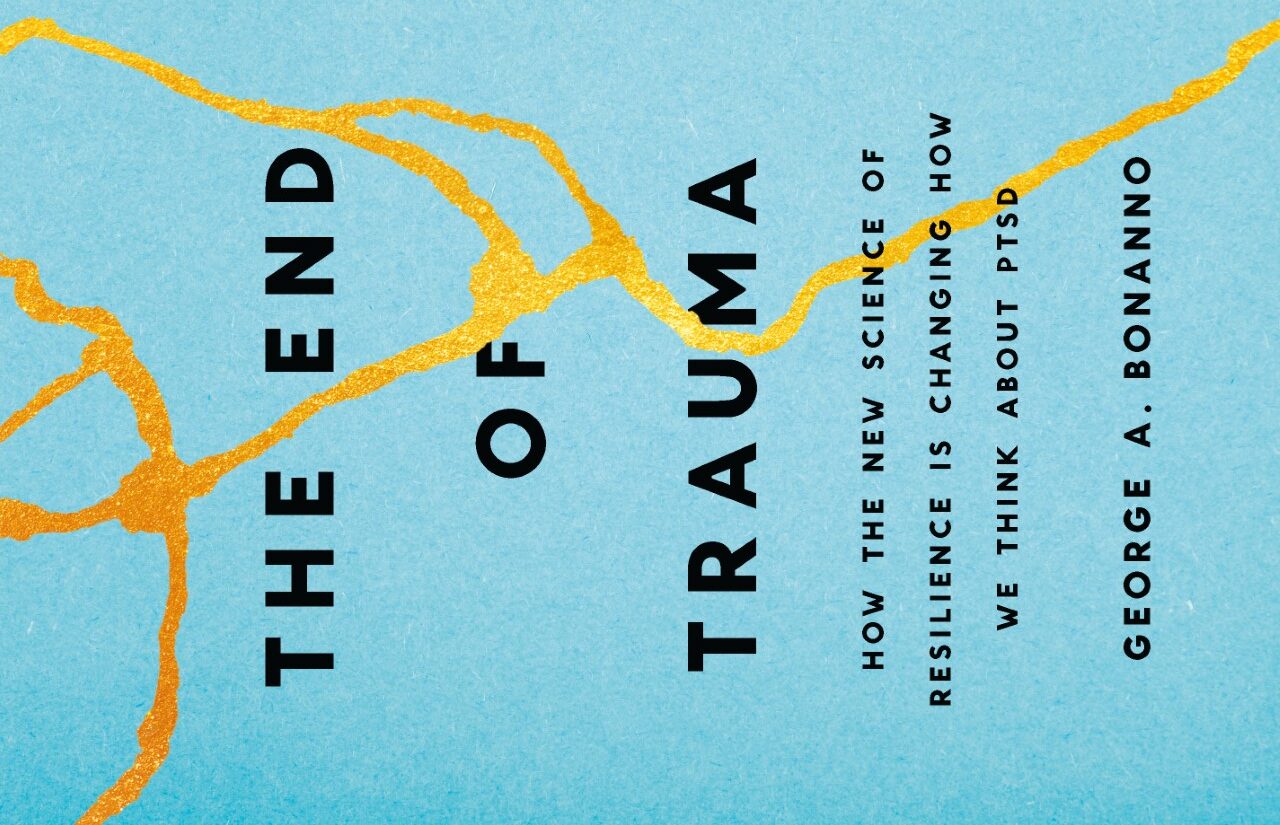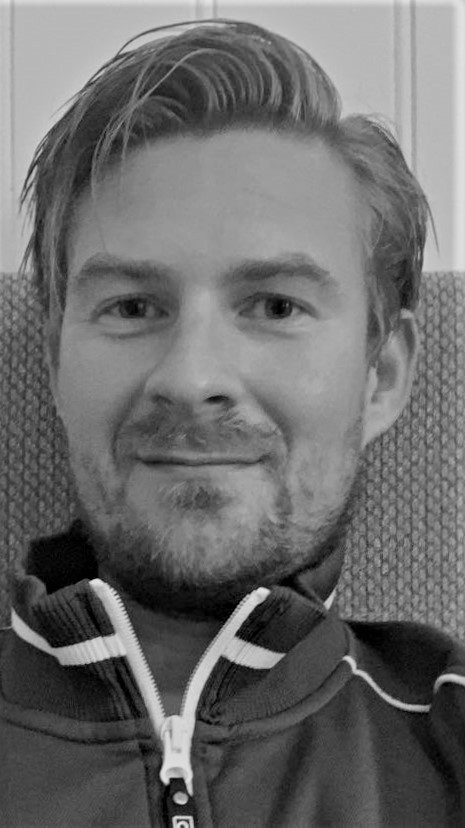
How do people deal with trauma? To which extent does hardiness and resilience factor in? The flexibility sequence and flexibility mindset are important factors in coping well with trauma. This, according to George A. Bonanno eminent professor, researcher and writer of “The end of Trauma”.
The name Bonanno might ring a bell for some and particularly for those of you who are familiar with psychological research in stress, emotions, and personality psychology. Bonanno is a professor of clinical psychology and a prominent researcher at Columbia University in New York. I was lucky enough to attend a guest lecture of his at The University of Bergen right before the pandemic hit in March 2020. If you did not catch the lecture, the book elegantly conveys what you might have missed out on.
“The end of trauma” is a book I highly recommend to anyone generally interested in psychology, but especially students and professors of the field. The book offers an insight into multiple orders of magnitude in the field of psychology. It focuses on how to understand someone experiencing a potential traumatic event for example dealing with severe bodily harm.
Presenting vivid stories.
Bonanno engages the reader throughout the book by his switching between a first- and third person perspective. This gives an extra dimension to the content described. This literary device, emphasises the thoroughness of his work in an enjoyable fashion. The reader is challenged by the author to make up their own mind regarding the different stories that are told. This technique forces you to actively consider what you have read and perhaps enhances the flexible mindset Bonanno advocates. However, he summarises, explains and concludes after each chapter tying together science and storytelling in an excellent manner.
According to Bonanno, mental flexibility is an essential process when facing a potentially traumatic event. Furthermore, Bonanno argues against the good-bad taxonomy when dealing with psychological damage. Likewise, he writes that for people faced with adversity and hardship, the “best” coping strategies might offer little or no sense of relief. Bonanno advocates problem-solving strategies over emotionally oriented ones, emphasising mild exposure and less overthinking as key points.
Stress-hardiness.
“The end of trauma” offers a historical perspective on stress-hardiness referencing Kobasa and Maddi. In short, hardiness offers an understanding of how one battles stressful situations based upon three common beliefs. 1.) Accountability for one’s actions and at the same time committing to something. 2.) Feeling in control and also feel able to change or impact one’s own life. 3.) Taking on challenges. Imagine you know that the electricity bill is going to be high next month. How would you apply these three beliefs?
Importantly, this could be applicable for students, faced with the stressful situation of managing your economy this winter. In connection to this, taking on challenges might result in a sense of control in the situation, and producing a feeling of accountability for the outcome. For example, you know the electricity bill is going to be high next month and taking cold showers will reduce the price. By telling yourself you can have cold showers, then following through, will lead to a sense of control. As a result, this will make you responsible for the outcome, by taking on the challenge.
The concept of hardiness has lately gained greater importance in trauma psychology and brought with it a new way of thinking about mindset and coping. Bonanno uses both psychological terms and pop-cultural references to explain an interesting misunderstanding of the term hardiness. He states that most people are resilient to stressful events. Resilience is a trajectory outcome, rather than a type of personality trait, or a biological factor.
Flexibility.
Bonanno clearly states that the right behaviour, in the right situation, at the right time, can make enormous impact on our lives. But what is actually the right thing to do? If you want to find out, you need to read the book. I will give you a hint however: rumour has it, the book was originally titled Flexibility
I will end this recommendation with a quote from the chapter about resilience: “Nobody is optimistic all the time or in every situation. Relentless optimism would actually be unrealistic, if not downright delusional. (…) Sometimes optimism is not effective.”
